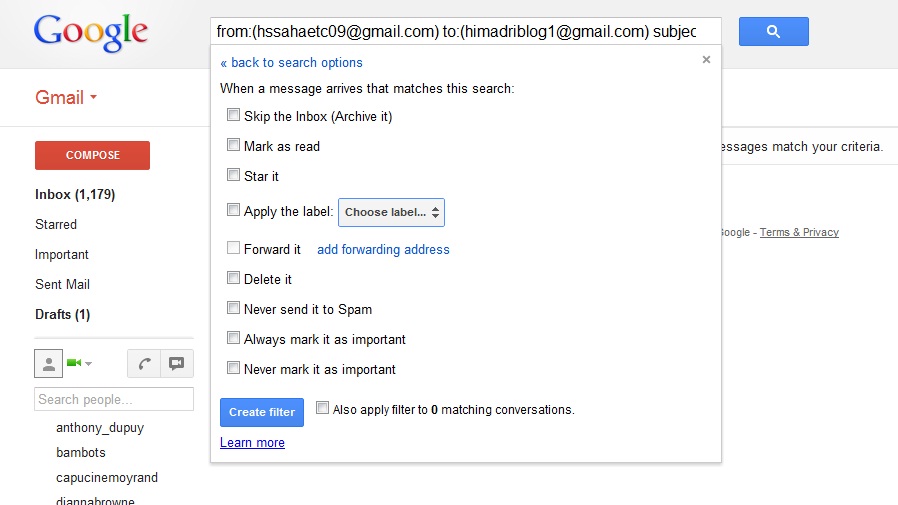Search engine optimisation – or SEO – or SEO Basics is big business at the moment. Companies are beginning to understand that simply having an online presence is not enough; that online presence needs to be working hard for you and your company.
Research has shown that casual browsers very rarely go beyond the first or second page of a Google search. By this point, the browser will have either found the information they require, or got bored and logged off. If you’re finding yourself buried on page 16 for searches on all of your major keywords and key phrases, you need some SEO help.
While universities and colleges are doing a roaring trade in selling search engine optimisation courses to young internet marketers and online entrepreneurs, there are lots of ways in which you can master the basics of the craft without shelling out for an expensive course.Here are a few basic tips.
Get Analytics on the Case
The rise of SEO has led to the parallel rise of web analysis firms. These firms harvest search data and sell it to customers who then use it to optimise their search engine performance. If this sounds expensive, it isn’t; programs like Google Analytics and its competitors can track your internet traffic relatively inexpensively.
Why would you want to do that? Well, understanding which links and keywords have brought users to your site gives you an indication of just what you need to optimise to stay ahead of the game. For example, if you sell garden equipment on your site, you don’t want to waste your time optimising your site for searches like “garden equipment” when most of your traffic is coming from people searching for “hedge trimmer” or “plant food”.
Getting analytic software on the case makes your quest for search engine optimisation far more efficient.
Key-phrases, not Keywords
You’ve probably heard people talking about keywords. This is a bit of a misnomer; in reality, when we’re talking about keywords, what we mean is key phrases. As I mentioned in the last tip, how well your site performs comes down to your keywords. Once you know what these keywords are, you can set about optimising them by increasing their density within your site’s content, featuring them in the titles of articles or even dropping them into your site’s URLs. Just remember that your ‘keywords’ should actually be ‘key phrases’. It makes sense; single word keywords put you into direct competition with thousands of irrelevant pages from all corners of the internet, while keywords which are specifically chosen phrases at least give you a fighting chance.
Links are your Friends, but be careful
Search engine algorithms love a site with lots of links. In Google’s eyes, the ideal site is one that allows browsers to connect effortlessly with a multitude of different sites without having to backtrack. So if your site is well-connected, chances are it’s going to perform well in terms of SEO and Google Page Ranking.
Make sure you incorporate links to relevant, useful and engaging content into your site; it’s this sort of content that Google likes the best. At the same time, try to get links to your own site posted on other relevant webpages. You can do this by writing guest blog posts or submitting guest content, complete with links back to your site.
A word of warning though; Google abhors any attempts to “buy” your way up the rankings and will come down heavily on those that try to do so. Avoid having anything on your site that implies that you give a reward for links, even if it is done so innocently. Things like “post a link to our site and be entered into a free prize draw” are a major no-no; steer clear or be sentenced to an eternity of online obscurity.




This is a really good blog and I would like to thank you for sharing this information with us.